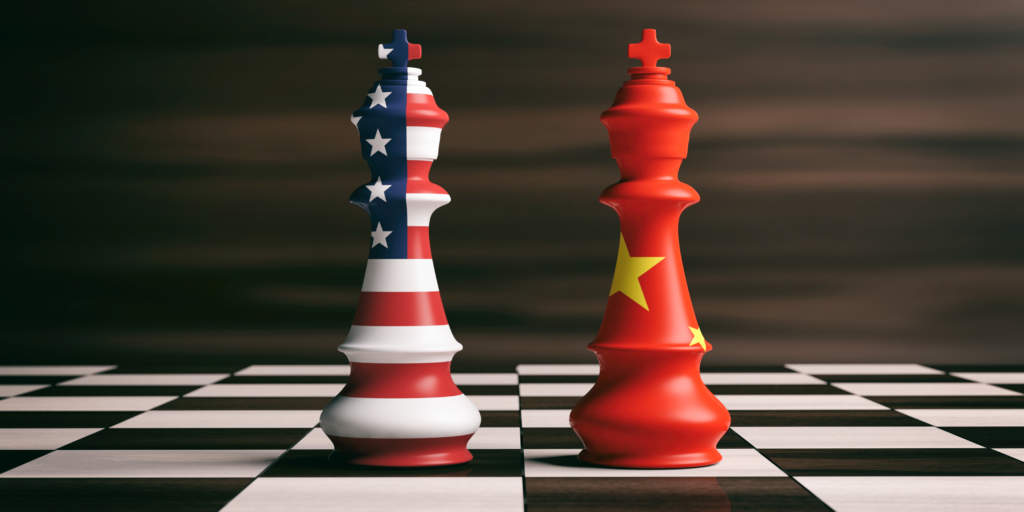
After Engagement: The Unfolding U.S.-China Strategic Competition and What it Means for Global Peace and Prosperity
Doors open at 5:30 p.m.; program from 6 - 7:30 p.m.
The Sebastian-Vail | Vail
The U.S. has pursued a policy of comprehensive engagement with China since Nixon went to Beijing in 1972. While this policy produced decades of peace and prosperity in East Asia and helped bring China into the international community, nearly all of its fundamental assumptions have been rendered invalid by recent developments and policies pursued by China. Instead of becoming a stakeholder in the international liberal order, China now actively challenges and seeks to undermine it. China’s neomercantilist trade policies have also created tensions with the U.S. and threaten to rupture their bilateral trade worth more than $630 billion per year. The hopes of transforming China into a politically more open society have been dashed due to the country’s reversion to a form of neo-Maoist rule at home after the rise of Xi Jinping—at least, for the near future.
In this context, a consensus has emerged in the U.S. and elsewhere in the West that the engagement policy toward China has failed and must be replaced with a different policy. Professor Pei will analyze the causes of the failure of the engagement policy, the emerging contours of a more robust and confrontational China strategy and its potential impact on U.S.-China relations.
For more information or to purchase tickets, please click here.
